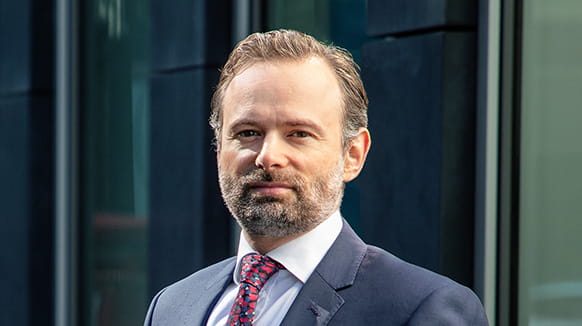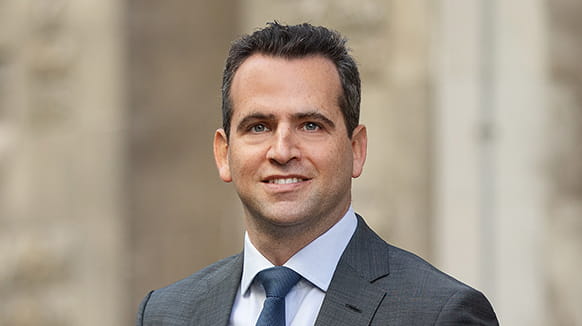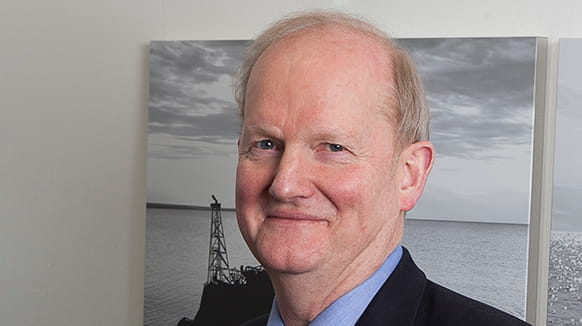Brexit, Interrupted
While uncertainty continues to surround the timing and terms for the UK’s departure from the EU, international companies continue to invest in “Brexit Britain”. On 15 November 2016, Google announced that it is to create up to 3,000 new jobs at its London HQ, increasing its workforce to up to 7,000 people by 2020. This followed the announcement from Nissan in October that it intended to build two new car models at its major plant in Sunderland, which Prime Minister Theresa May described as a “vote of confidence.
Whether coincidental or not, a number of potential roadblocks have appeared on the path to Brexit in recent weeks. Most significantly, on 3 November, the English High Court ruled that the UK Government does not have authority alone to trigger the mechanism to leave the EU and this action has to be authorised by an Act of Parliament.
The UK Government has appealed to the Supreme Court in undoubtedly the most important constitutional case in centuries. What the Supreme Court does next will fundamentally influence both the UK’s path towards Brexit and the future relationship between the nation states that comprise the UK.
Scotland voted overwhelmingly to stay in the EU (62 percent to 38 percent) and First Minister Nicola Sturgeon believes that the Scottish Parliament in Edinburgh must consent prior to the UK Government giving notice to leave the EU. Scotland’s Lord Advocate has now been given permission to address the Supreme Court on points of Scottish law. The Scottish Government have separately indicated that they are exploring all options to protect Scotland’s place in the EU and the prospect of a second independence referendum is already being mooted with the publication of a consultation paper on the subject in October.
In Northern Ireland, where 56 percent of the electorate voted to remain in the EU, a challenge based on the proposition that the UK Government could not give notice to leave the EU without a vote in Parliament and/or the Northern Ireland Assembly, was heard in October 2016. The court in that case rejected that argument based on its interpretation of the 1998 “Good Friday Agreement” but it did not consider core questions of UK constitutional law. This decision has now also been referred to the Supreme Court.
Like England, Wales voted by a narrow majority to leave the EU. However, this has not stopped the Counsel General for Wales also seeking, and being given permission, to intervene in the Supreme Court case, so that the Welsh Government’s arguments regarding the constitutional relationship between Parliament and the Welsh Assembly can be heard.
The Supreme Court hearing will be held between 5 and 8 December 2016 before all of its eleven justices – the first time this has happened in the Court’s history. A decision is due in January 2017 but might be delayed if the Supreme Court opts to refer one of the key issues before it to the Court of Justice of the European Union (CJEU).
This is the question of whether the mechanism triggering the UK’s exit from the EU, known as an Article 50 notice, can be revoked once given. It was common ground between the parties in the High Court case that such a notice cannot be withdrawn once it has been given and the High Court accordingly found that it "will inevitably result in the complete withdrawal of the United Kingdom from membership of the European Union and from the relevant Treaties at the end of the two year period, subject only to an agreement on an extension of time between the United Kingdom and the European Council..."
It is being suggested, however, that this question is properly a question of European law, which can only be answered by the CJEU. The irony of the European Court being asked to decide on a question which may become central to the whole judicial decision making process has not been lost on many commentators!
Any such referral would be hugely controversial and generate a significant backlash for the Court in an already highly-charged environment which has seen one newspaper brand the High Court judges as “ENEMIES OF THE PEOPLE”.
What happens next is for anyone to guess but, amongst the uncertainty, one point is clear – the UK remains, for the time being, a full member of the EU and will continue to so for at least a two year period after the UK Government issues an Article 50 Notice. Major international companies such as Nissan and Google are clearly betting that the UK’s close trading relationship with its European partners will continue long after that.
Haynes Boone CDG will continue to provide regular updates on these important issues. For more information please contact one of the lawyers listed below.





